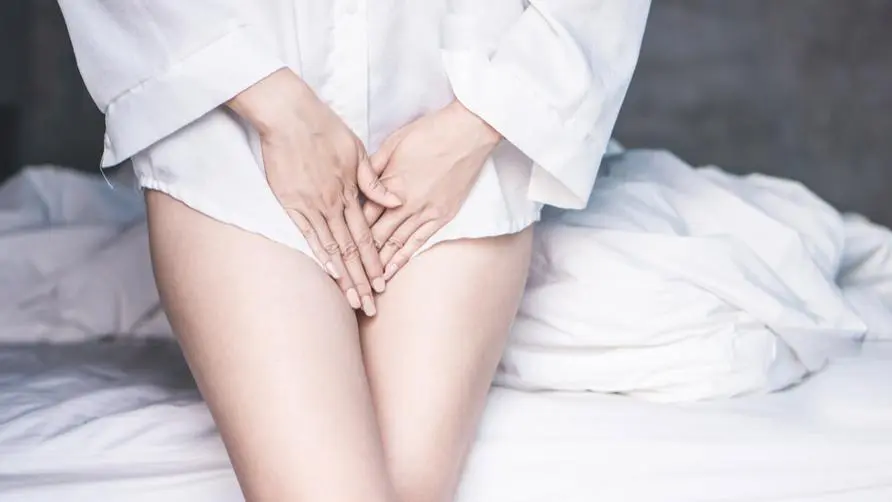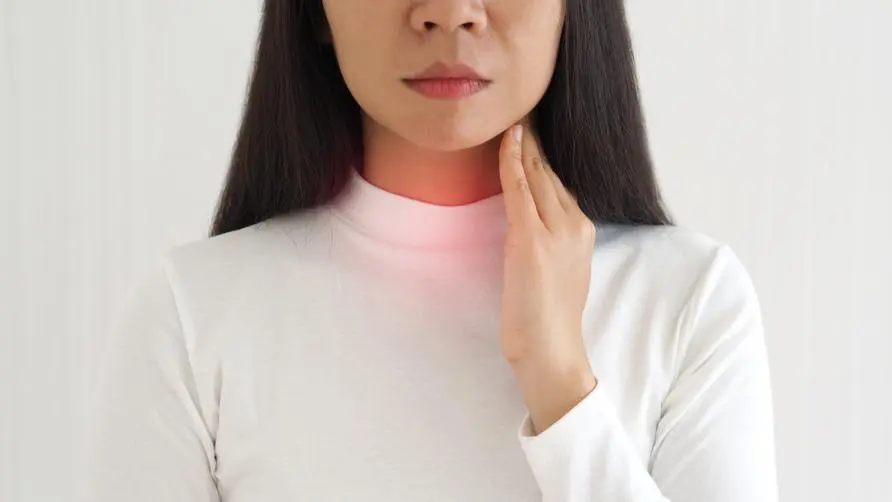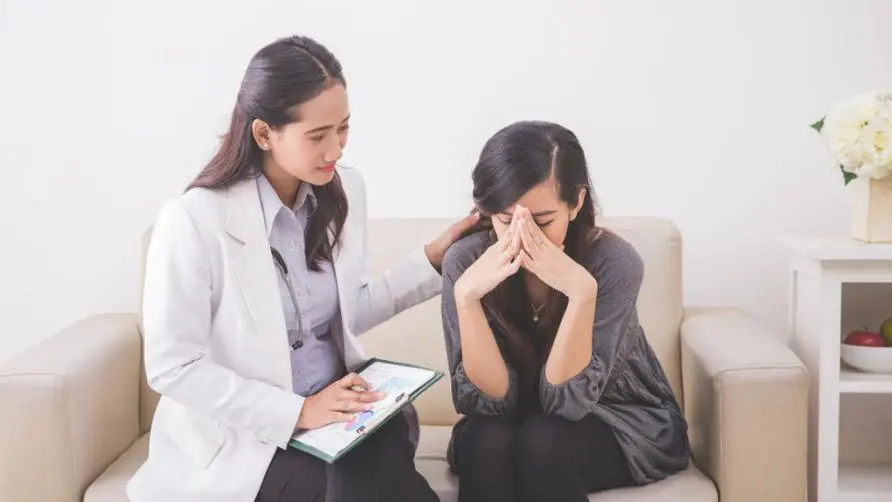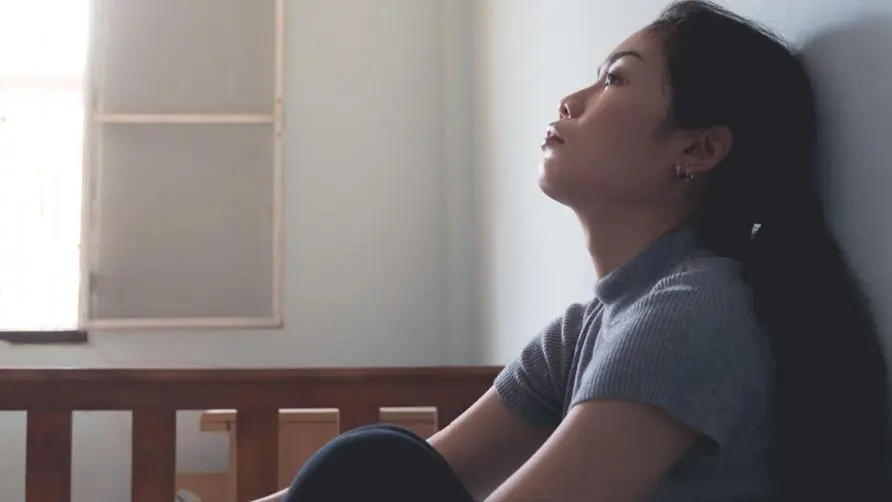She suffered from depression and returned to work thanks to "this treatment" after taking medication but it didn't work! Doctor reveals the advantages of "multi-faceted therapy"
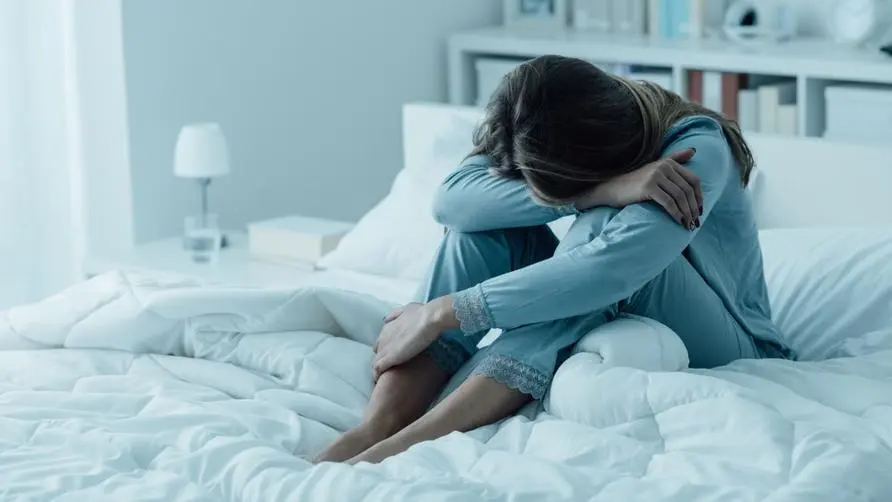
WHO lists “severely disabling” diseases! Is depression actually harder to treat than you think?
In view of the increasing refractory degree and treatment methods of refractory depression, the demand for accurate diagnosis and integrated evidence-based therapies is also increasing. Dr. Li Zhengda, director of the Community Rehabilitation Psychiatry Department at Taipei Veterans General Hospital, said that with the advancement of the times, the pressure of modern people’s lives has also increased day by day; the World Health Organization (WHO) predicts that depression will be the most disabling disease affecting all mankind. Serious illness; everyone may be exposed to the risk of mental illness in the future.
Emotional disorders have diverse manifestations, such as depression and anxiety. Some are manifested by irritability, autonomic nervous system disorders, and physical pain and discomfort. Currently, the main methods of treating depression are “drug therapy” and “psychotherapy.” However, a large proportion of patients with depression do not respond satisfactorily to antidepressant drug treatment, which is the treatment of refractory depression (TRD). . Therefore, more new types of treatments with proven efficacy are needed in the treatment of depression.
The study was certified by an international authoritative journal. 3 treatments help improve “stubborn depression”
Dr. Li Zhengda pointed out that repetitive transcranial magnetic stimulation (rTMS) is an effective anti-depressant brain nerve stimulation technology for treating refractory depression; and the “new theta wave repetitive magnetic stimulation” has been clinically proven to be more efficient and can reduce local discomfort and treatment time. Stimulation (piTBS)" can treat refractory depression more efficiently. The research results have been published in the world’s top journals “BRAIN” and “Biological Psychiatry”.
However, the research results also found that not all cases responded to rTMS. Clinical data showed that only about 40% of depressed patients were cured. Therefore, we use AI smart medical care and advanced brain imaging technology, use big data to accurately predict the patient’s degree of stubbornness, and accurately select people-centered personalized brain nerve stimulation parameters, aiming to provide breakthrough correct diagnosis and graded treatment in clinical and research. , increase the success rate of rTMS or piTBS treatment.
As for other solutions to combat intractable depression, low-dose “ketamine” and “esketamine” are new and rapid treatments. Dr. Li Zhengda said that the technology of this treatment drug is relatively new. It was approved by the Taiwan Food and Drug Administration (TFDA) in early 2022 and can be used to quickly treat depression cases with severe risk of suicide.
Multi-faceted treatment can help alleviate mental illness. Are there any countermeasures for “COVID-19 depression”?
Dr. Li Zhengda cited a male patient in his 40s as an example: The patient had a depressive episode accompanied by severe anxiety, but did not respond well to antidepressants at first. After artificial intelligence prediction, it was found that his brain did not have the characteristics of stubborn depression. Therefore, clinically, symptoms improve completely after a period of time after conversion using appropriate empirical pharmacological treatments.
Another 25-year-old young woman has been depressed for more than a year. During the depressive episode, she was accompanied by severe retardation and suicidal ideation, and her work ability was significantly reduced. Due to a history of repeated antidepressant treatments with poor results, after using artificial intelligence to predict, she found that The antidepressant treatment effect of specific brain nerve stimulation may be good. After 3 weeks of repeated transcranial magnetic stimulation, the symptoms of depression were significantly improved, and the patient returned to work smoothly.
Dr. Li Zhengda said that the multi-faceted psychotherapy method chooses from different drugs, multi-faceted brain nerve stimulation, and rapid antidepressant drugs, and provides psychological treatment suggestions (such as cognitive behavioral therapy, interpersonal psychotherapy, mindfulness) to appropriate patients. Therapy) and other programs provide whole-person, integrated treatment strategies and plans for patients of different ages with depression, mood disorders, cancer-related depression, chronic pain-related depression, and even COVID-19 depression symptoms. It is expected that every patient will aim to actively recover and return to his original healthy life. Medical institutions can also accompany patients out of the dark valley and help correct brain abnormalities as soon as possible and restore health.
Further reading:
